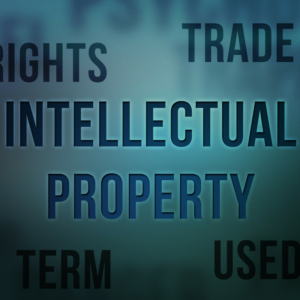 Generic drugs often become available earlier in other countries and that means greater affordability. Generally, it’s a violation of a drug companies’ intellectual property rights when a company sells a generic in a country before the patent has expired. But what happens if you import a generic version of a drug, one that is lawfully-made and sold in a country where it is available but still on patent here, to fill a prescription? Are you committing an intellectual property violation?
Generic drugs often become available earlier in other countries and that means greater affordability. Generally, it’s a violation of a drug companies’ intellectual property rights when a company sells a generic in a country before the patent has expired. But what happens if you import a generic version of a drug, one that is lawfully-made and sold in a country where it is available but still on patent here, to fill a prescription? Are you committing an intellectual property violation?
According to a side agreement (of the General Agreement on Tariffs and Trade) among countries party to the World Trade Organization, called TRIPS (Trade-Related Aspects of Intellectual Property Rights), countries are not obligated to enforce IP laws for small importations of goods, which include pharmaceuticals.
You can find this in Part III, Enforcement of Intellectual Property Rights, Article 60:
De Minimis Imports
Members may exclude from the application of the above provisions small quantities of goods of a non-commercial nature contained in travelers’ personal luggage or sent in small consignments.
The “above provisions” refer to enforcement actions against intellectual property violations that involve goods crossing borders (in person, by plane, sea, through the mail, etc.). If you read closely, it includes the word “may.” That means, in theory, you could be accused of an IP violation, but I know of not a single instance of that happening to an individual importing a medicine for personal use.
What is clear is that there’s general agreement (no pun intended) that individuals should not be subject to IP enforcement actions for importing a product for personal use. When it comes to a life-saving medicine, this seems like common decency – even natural law.
Tagged with: article 60, intellectual property rights, patent, TRIPS, WTO

